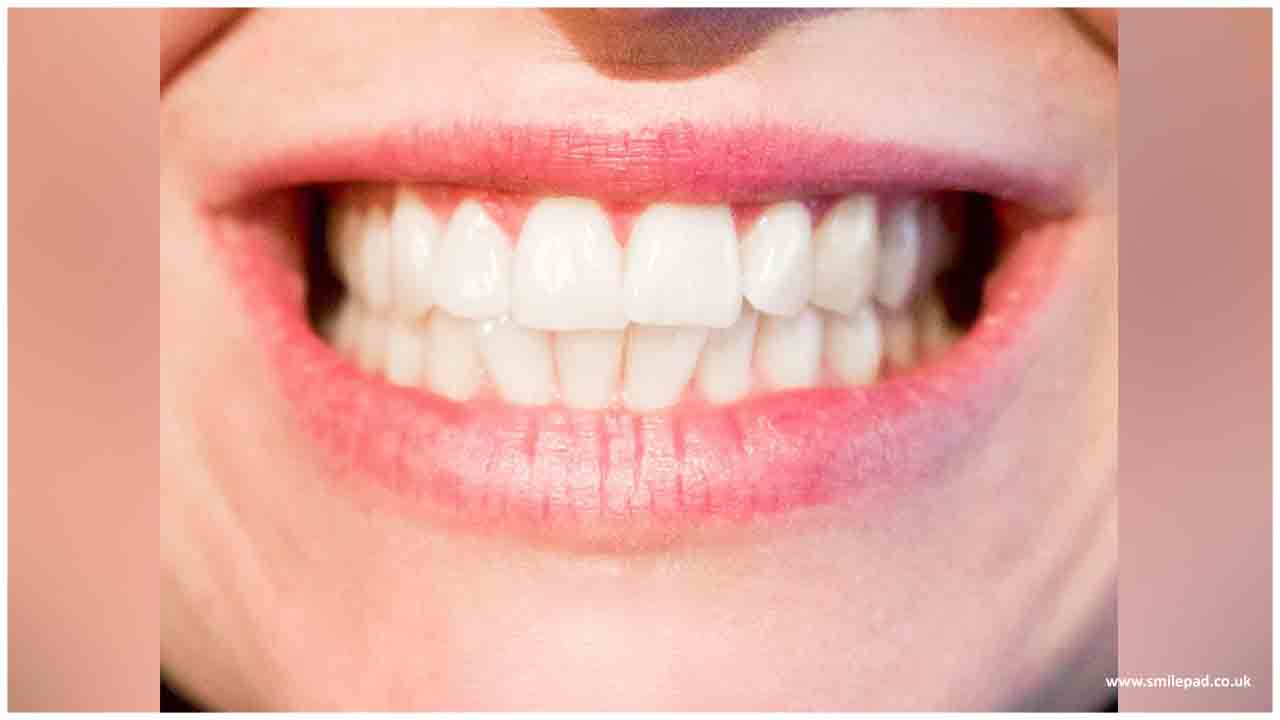People who have periodontal (gum) disease may have a higher risk of developing some forms of cancer, suggests a letter published in the journal Gut detailing a prospective study.
US researchers found that a history of periodontal disease appeared to be associated with a raised risk of oesophageal (gullet) cancer and gastric (stomach) cancer and this risk was also higher among people who had lost teeth previously.
Previous findings on the relationship of periodontal disease and tooth loss with oesophageal and gastric cancer have been inconsistent.
Therefore, a team of researchers from Harvard T.H. Chan School of Public Health, in Boston, USA, carried out a study of data on patients over decades of follow up.
They examined the association of history of periodontal disease and tooth loss with the risk of oesophageal and gastric cancer in 98,459 women from the Nurses’ Health Study (1992–2014) and 49,685 men from the Health Professionals Follow-up Study (1988–2016).
Dental measures, demographics, lifestyle, and diet were assessed using follow-up questionnaires and self-reported cancer diagnosis was confirmed after reviewing medical records.
The results showed that during 22–28 years of follow-up, there were 199 cases of oesophageal cancer and 238 cases of gastric cancer.
A history of periodontal disease was associated with a 43% and 52% increased risk of oesophageal cancer and gastric cancer, respectively.
Compared to people with no tooth loss, the risks of oesophageal and gastric cancer for those who lost two or more teeth were also modestly higher – 42% and 33%, respectively.
In addition, among individuals with a history of periodontal disease, no tooth loss and losing one or more teeth were equally associated with a 59% increased risk of oesophageal cancer compared to those with no history of periodontal disease and no tooth loss.
Similarly, the same group of individuals had 50% and 68% greater risk of gastric cancer, respectively.
The authors point to possible reasons for an association between oral bacteria (oral microbiota) and oesophageal and gastric cancer, with evidence from other studies suggesting that tannerella forsythia and porphyromonas gingivalis – members of the 'red complex' of periodontal pathogens – were associated with the presence or risk of oesophageal cancer.
Another possible reason is that poor oral hygiene and periodontal disease could promote the formation of endogenous nitrosamines known to cause gastric cancer through nitrate-reducing bacteria.
This was an observational study, so no firm conclusions can be drawn about cause and effect, and the researchers cannot rule out the possibility that some of the observed risk may be due to other unmeasured (confounding) factors.
However, they conclude: “Together, these data support the importance of oral microbiome in oesophageal and gastric cancer. Further prospective studies that directly assess oral microbiome are warranted to identify specific oral bacteria responsible for this relationship. The additional findings may serve as readily accessible, non-invasive biomarkers and help identify individuals at high risk for these cancers.”

 People with history of gum disease appear to have higher risk of developing oesophageal and gastric cancer, suggest researchers
People with history of gum disease appear to have higher risk of developing oesophageal and gastric cancer, suggest researchers











.jpeg)




.jpeg)

.jpg)













